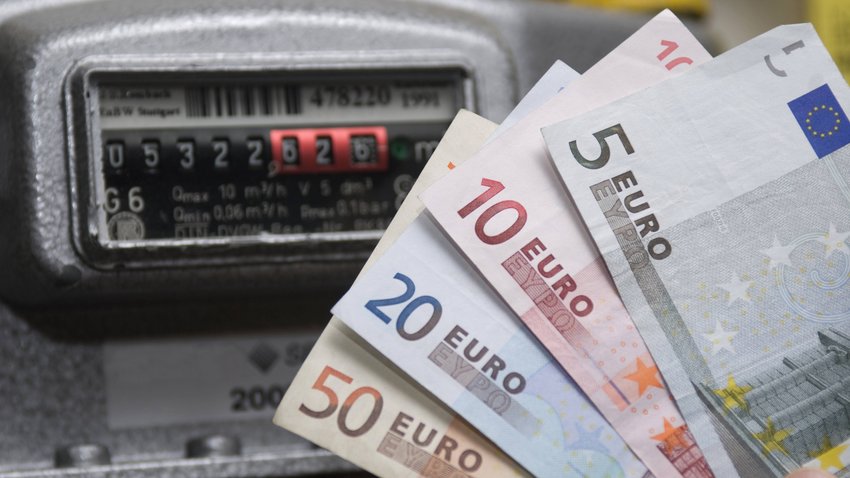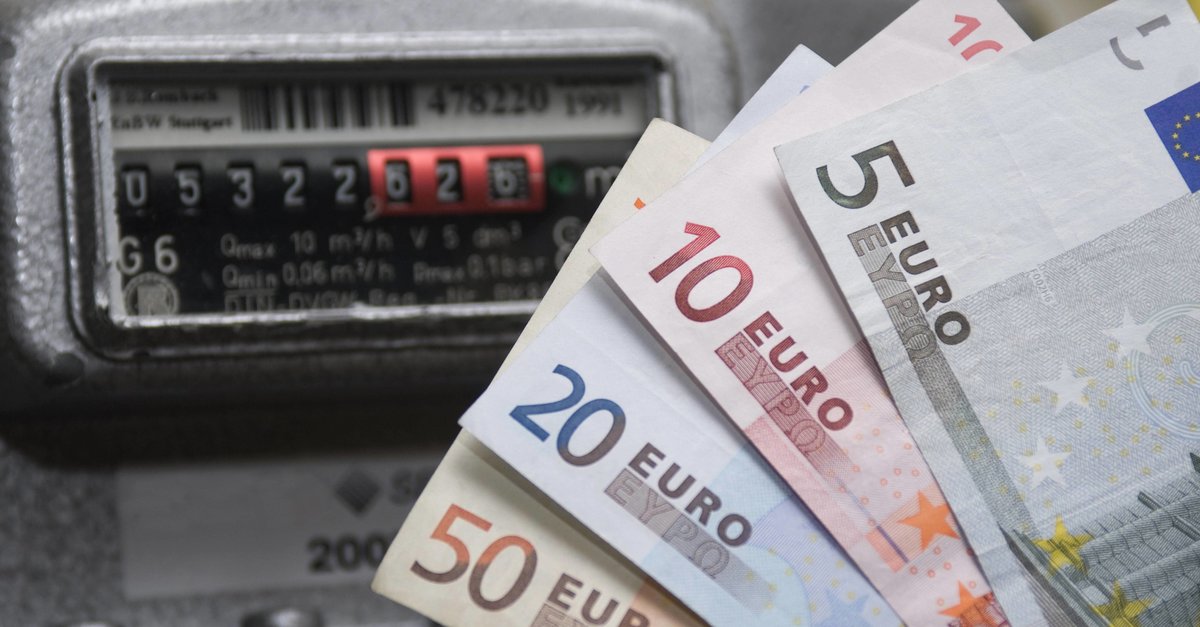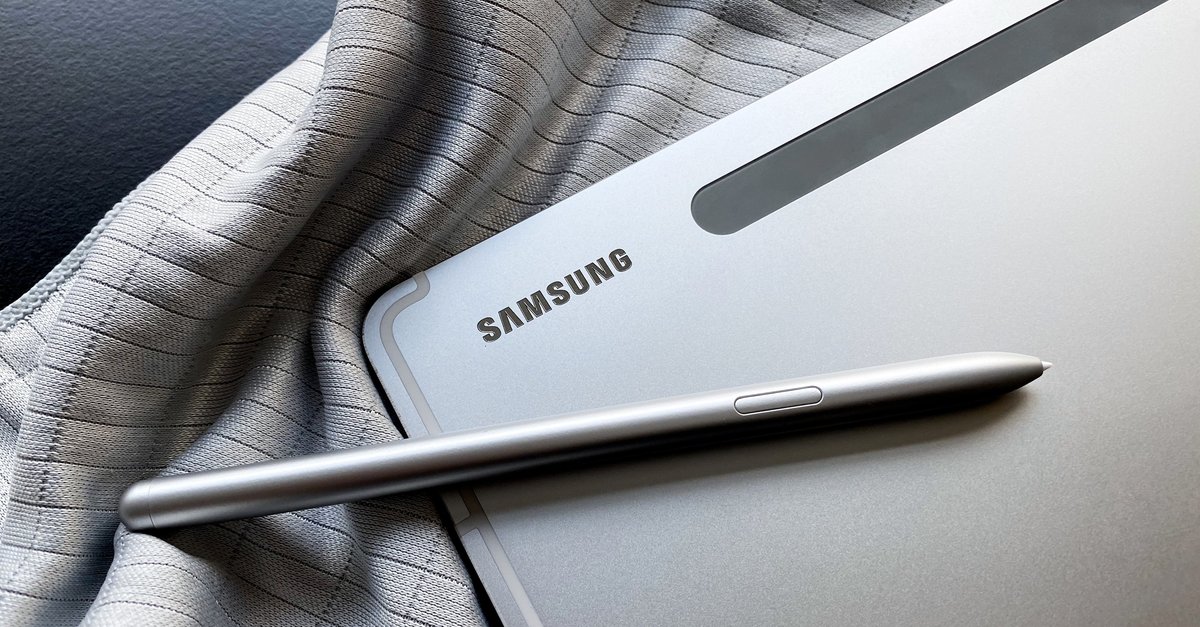Experts reveal 5 tips for saving energy

Winter will be expensive – that much is clear. Despite the electricity and gas price brakes, citizens have to dig much deeper into their pockets. The order of the day is therefore: save energy. Experts have now revealed 5 practical tips that every household can use to save energy in winter without much effort.
Winter exudes its very own magic. When the days get shorter, it’s stormy and snowing outside, people like to retreat to their comfortably warm home. This year, however, everything could be different: a lack of gas and expensive electricity prices threaten many consumers. The Bundesverband der Energie- und Wasserwirtschaft eV (BDEW) therefore urgently recommends saving energy and has 4+1 rules ready with which every household can make its contribution.
Experts reveal 5 rules for saving energy
- Avoid bath tub: A bathtub holds 150 to 180 liters of water and this water needs to be heated. If you take a shower instead of a bath, you not only reduce water consumption, you also save on the higher hot water costs of the bathtub.
- Shower shorter: Does it always have to be the 20-minute shower interlude? Anyone who prefers the shower to the bath should ask themselves whether a shorter shower is not sufficient.
- Professional heating check: It’s worth taking a look at the heating. With other settings, there is often an enormous potential for savings. A professional heating check by a specialist costs money, but can save a lot of money in the medium and long term.
- Turn down the heating: Along with the heating check, consumers should ask themselves whether the room temperature could be a degree or two lower. Every degree saved reduces the costs significantly and a warm sweater is also a good thing to get by at home.
A balcony power plant is also a way to reduce your energy costs:
Fan heater warning
Rather, rule number 5 is a warning against the currently popular fan heaters and radiators. According to BDEW, they are not designed to replace a heater and should only be used with caution. In extreme cases, according to the energy experts, this could lead to overloaded power grids and blackouts. In comparison, the small devices are the most expensive way to heat anyway.
An energy-efficient washing machine also helps to save.

![Which provider is really safe? [Anzeige]](https://www.basicthinking.de/blog/wp-content/uploads/2023/05/cloud-infrastruktur-sim-networks.jpeg)
